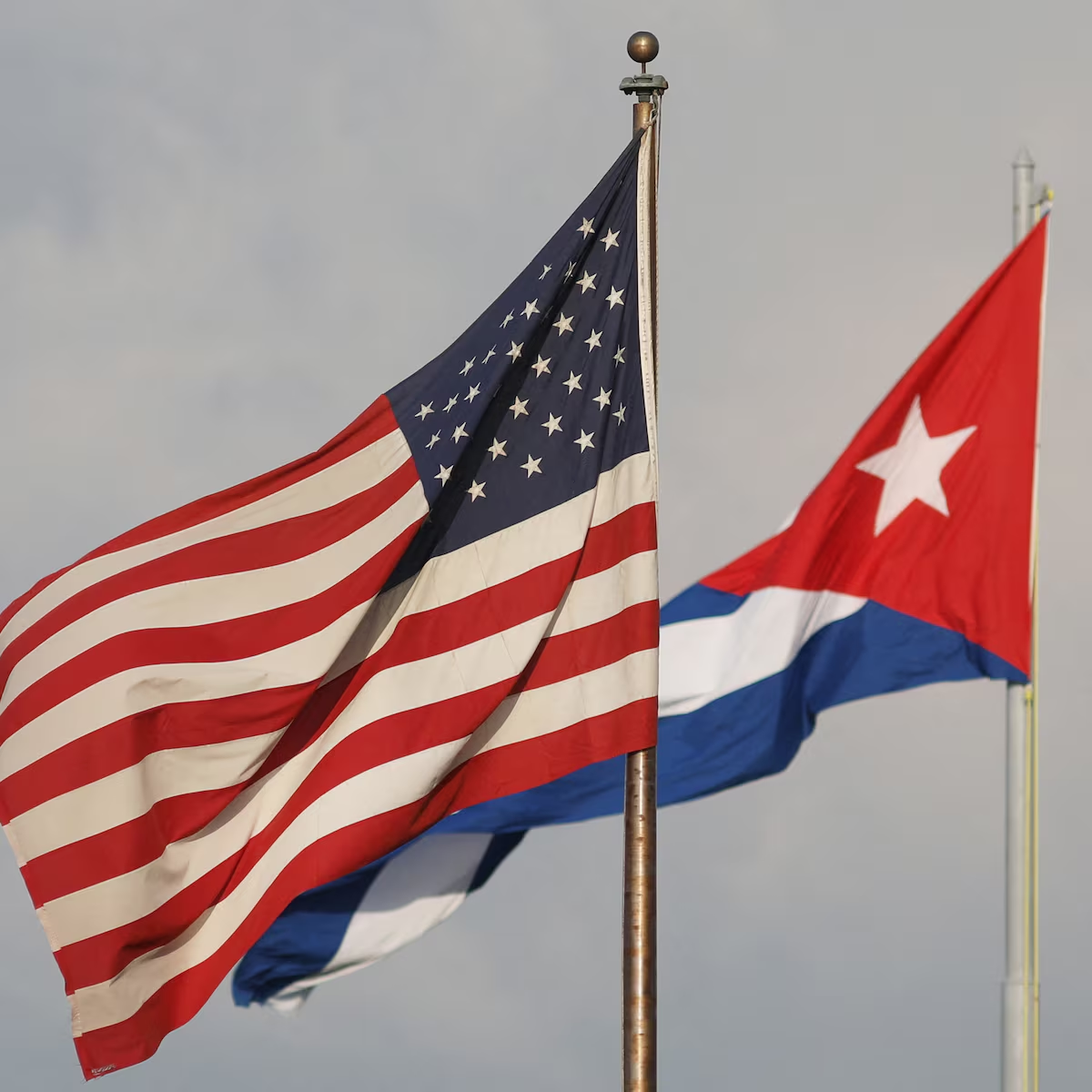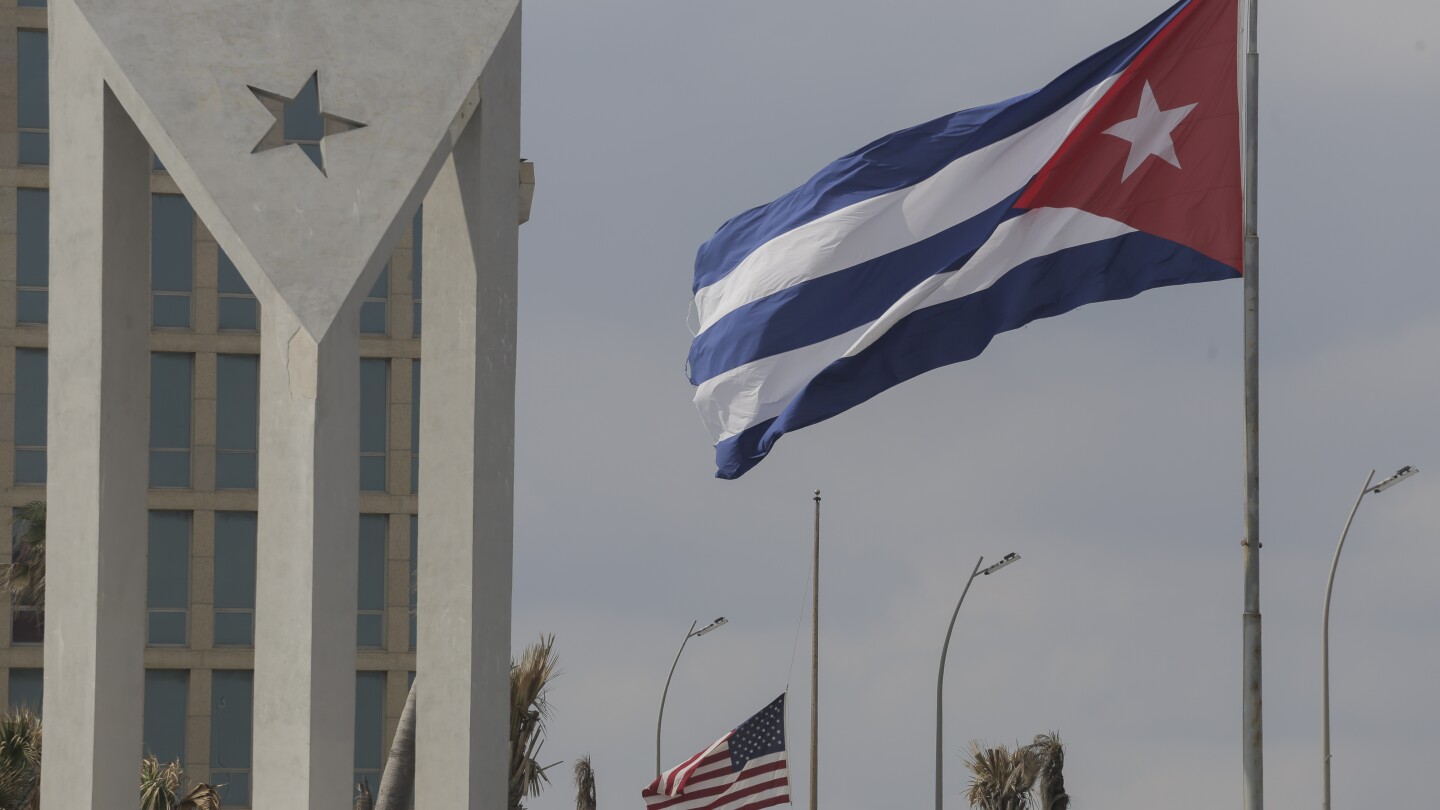Cuba began releasing prisoners on Wednesday as part of negotiations with the Vatican, just a day after the Biden administration announced its plan to remove Cuba from the U.S. list of state sponsors of terrorism.
Over a dozen individuals, convicted of various crimes — including some arrested during the historic 2021 protests — were freed throughout the day, according to Cuban civil organizations monitoring detainees on the island.
One of those released was 24-year-old tattooist Reyna Yacnara Barreto Batista, who had been detained during the 2021 protests and sentenced to four years in prison for assault and public disorder. She was freed from a prison in Camagüey province and shared that eight other men were released alongside her.
On Tuesday, the U.S. government informed Congress of its intent to lift Cuba’s designation as part of a deal brokered by the Vatican. Cuban authorities had agreed to release some prisoners before the end of the Biden administration on January 20, according to officials.
Shortly afterward, the Cuban foreign ministry announced that it had informed Pope Francis of its plans to gradually free 553 prisoners as authorities explored legal and humanitarian avenues for carrying out the releases.
While Havana did not directly link the releases to the U.S. decision, it stated that the move was “in the spirit of the Ordinary Jubilee of the year 2025 declared by His Holiness,” referencing the Vatican’s tradition of a Jubilee, which occurs every 25 years, where Catholics make pilgrimages to Rome.
Cuba’s Foreign Minister, Bruno Rodríguez, did not specifically comment on the prisoner releases on Wednesday, maintaining his position from the previous day that the two issues were unrelated. However, he did address Cuba’s removal from the list of state sponsors of terrorism.

“You can reverse a country’s status on that list, but the tremendous damage to U.S. foreign policy cannot be undone,” he told the AP. “It has been proven that this list is not a tool or instrument in the fight against terrorism, but rather a brutal and mere tool of political coercion against sovereign states.”
The Cuban Observatory of Human Rights, one of the civil organizations monitoring the situation, reported that by 4 p.m. EST, 18 people had been released, including Barreto Batista.
“At three in the morning they knocked,” Barreto Batista said in a phone interview. “I was sleeping (in the cell), and they told me to gather all my things, that I was free.”
She explained that she and the eight men were told their release was not a pardon or forgiveness, and they were warned to behave or risk being sent back to prison.
“I am at home with my mother,” she added. “The whole family is celebrating.”
In July 2021, thousands of Cubans took to the streets to protest severe power outages and shortages amid an ongoing economic crisis.
The government responded with a crackdown, arresting and detaining protesters, which drew international condemnation. Cuban officials, however, blamed U.S. sanctions and a media campaign for inciting the unrest.
In November, the Cuban nongovernmental organization Justice 11J reported that 554 individuals remained in custody related to the protests.
President Biden’s plan to lift Cuba’s designation as a state sponsor of terrorism is expected to be reversed by the incoming administration, with President-elect Donald Trump likely to take action as early as next week.
Marco Rubio, who has long advocated for sanctions on Cuba and whose family left the island before the communist revolution that brought Fidel Castro to power, is set to become Secretary of State in Trump’s administration.


